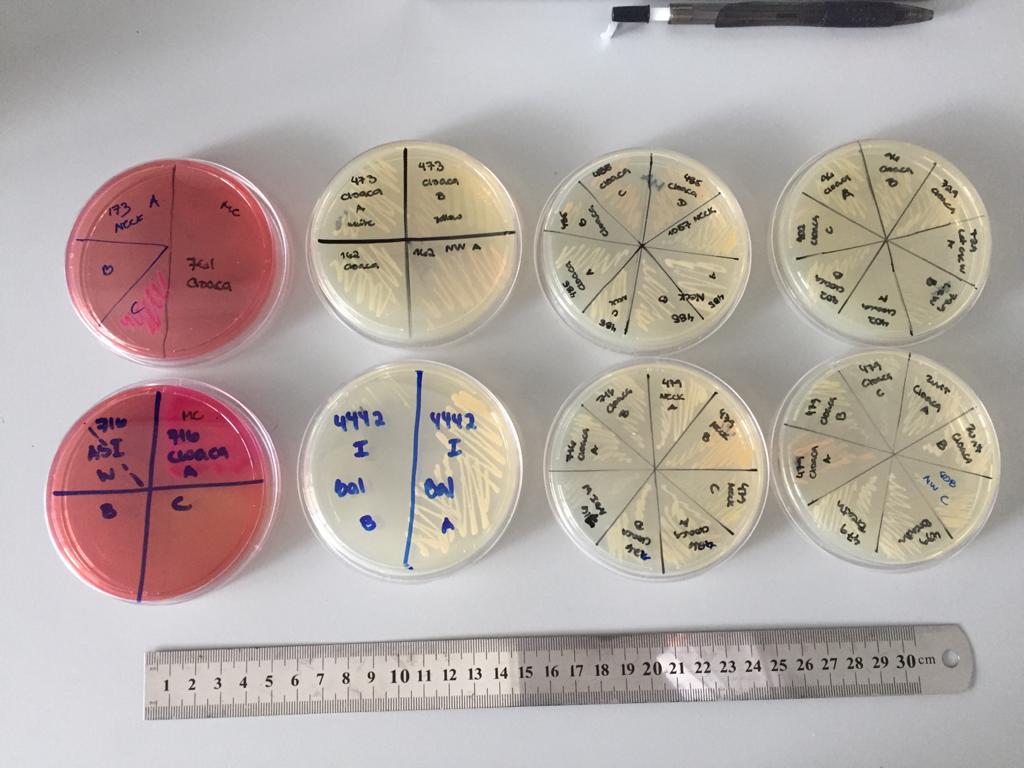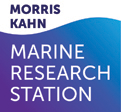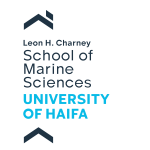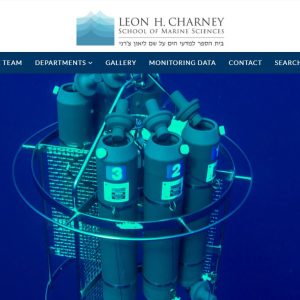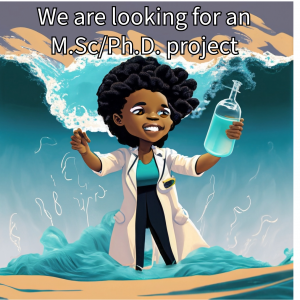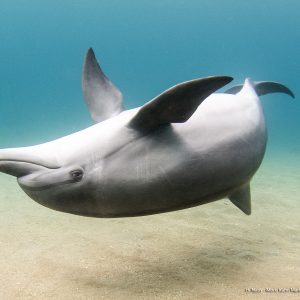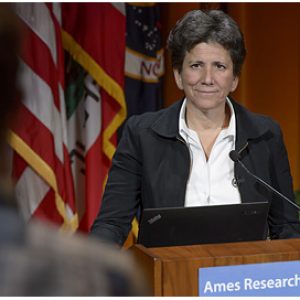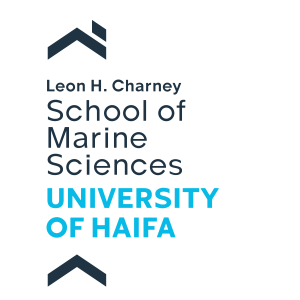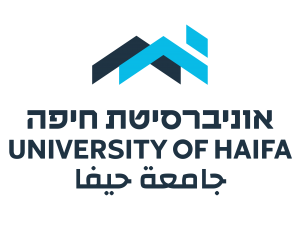Antibiotic resistance of bacterial pathogens in marine animals of the Eastern Mediterranean Sea:
molecular characterization, antibiotic resistance, and virulent genes’ identification
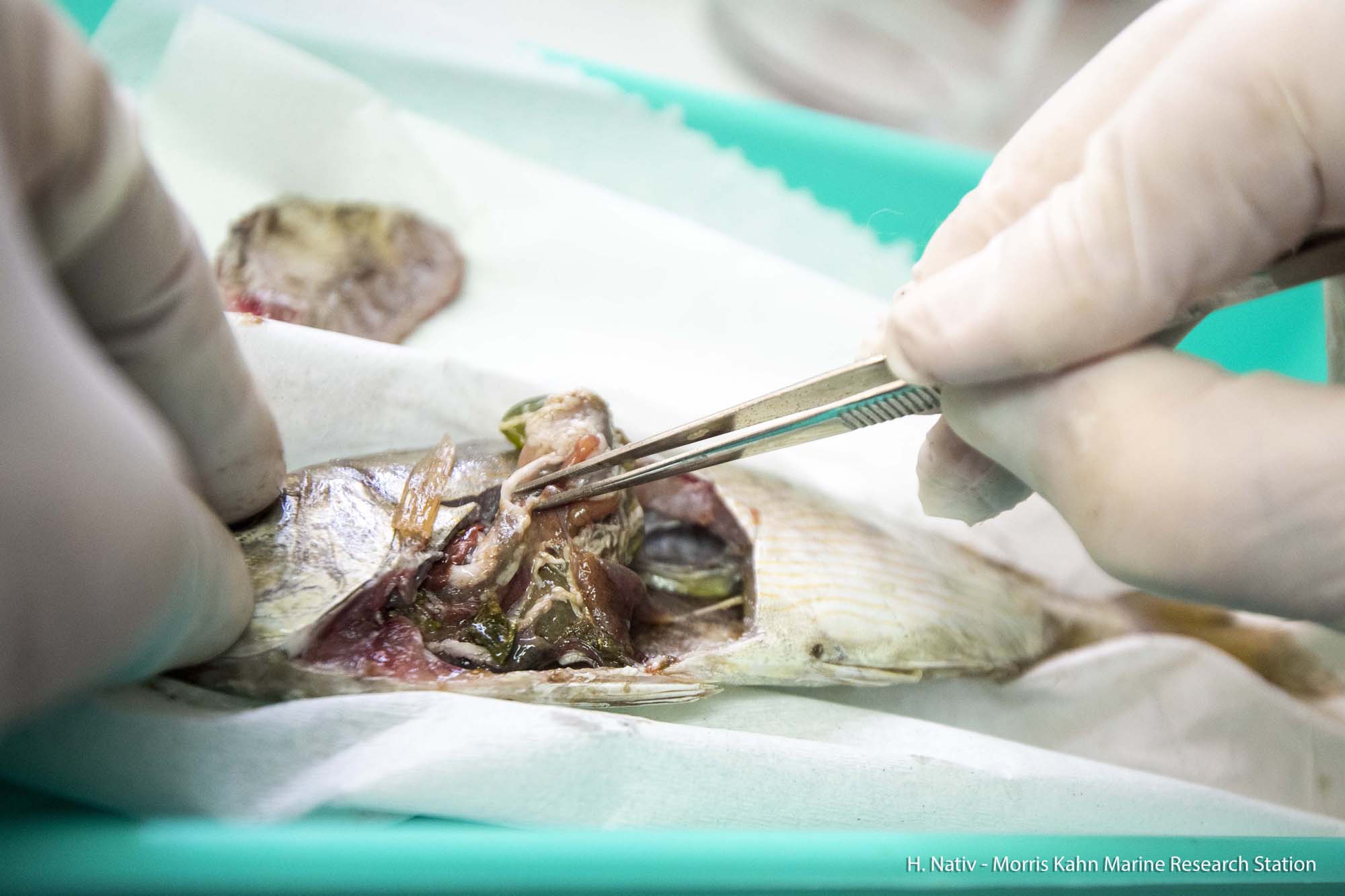
Antimicrobial resistance (AMR) is a global issue that public health is facing nowadays, and its propagation has occurred due to the misuse of antimicrobial medicines for both humans and livestock. This has led to the emergence of antibiotic-resistant zoonotic pathogens through the acquisition of antibiotic- resistance genes (ARGs) that are easily transferable to the microbiota of animals and humans. Sewage is the main transfer source of ARGs in marineenvironments where they persist. ARGs can be transferred to the same or different bacteria species which allows them to adapt to antibiotics. In addition, this transfer occurs between commensal bacteria and pathogens.
AMR has been reported in numerous marine species, such as invertebrates, sharks, sea turtles, and marine mammals. There is a lack of information regarding the magnitude of AMR bacteria in aquatic organisms at different levels of the trophic web in the Levantine Basin. The aim of our study is two-fold: 1) the identification of the main pathogens of wild marine animals of the Israeli coast and its antibiotic resistance, as well as investigating the co-occurrence of antibiotic resistance, and 2) virulent genes in these pathogens in order to understand the AMR propagation. To fulfill these goals, we will:
1) Identify main pathogens of marine animals and water from harbors of the Israeli coast,
2) Determine antibiotic resistance of the selected marine animal and water isolates through Minimum Inhibitory Concentrations (MICs) and the presence of ARGs,
3) Identify virulence-associated genes,
4) Experimentally infect fish with MRA bacteria obtained from water samples which also possess ARGs and virulent genes in order to observe horizontal ARGs acquisition of bacteria. This step is crucial to understand how these antimicrobials affect the pathogen response and identify the environmental reservoirs of resistance that might affect the future capacity to fight infections.
Those applicants who display initiative, experience in molecular work, ecological background, and general bacteriological knowledge are preferred.
Most of the work will be done at the Morris Kahn Marine Research Station at Kibbutz Sdot Yam.
An up-to-date resume, the name of at least one person who is familiar with your academic background, and a transcript of a BSc and MSc degrees should be sent to:
Dr. Danny Morick, Morris Kahn Marine Research Station, Leon H. Charney School of Marine Sciences, Department of Marine Biology, University of Haifa
Prof. Dan Tchernov, Morris Kahn Marine Research Station, Leon H. Charney School of Marine Sciences, Department of Marine Biology, University of Haifa
